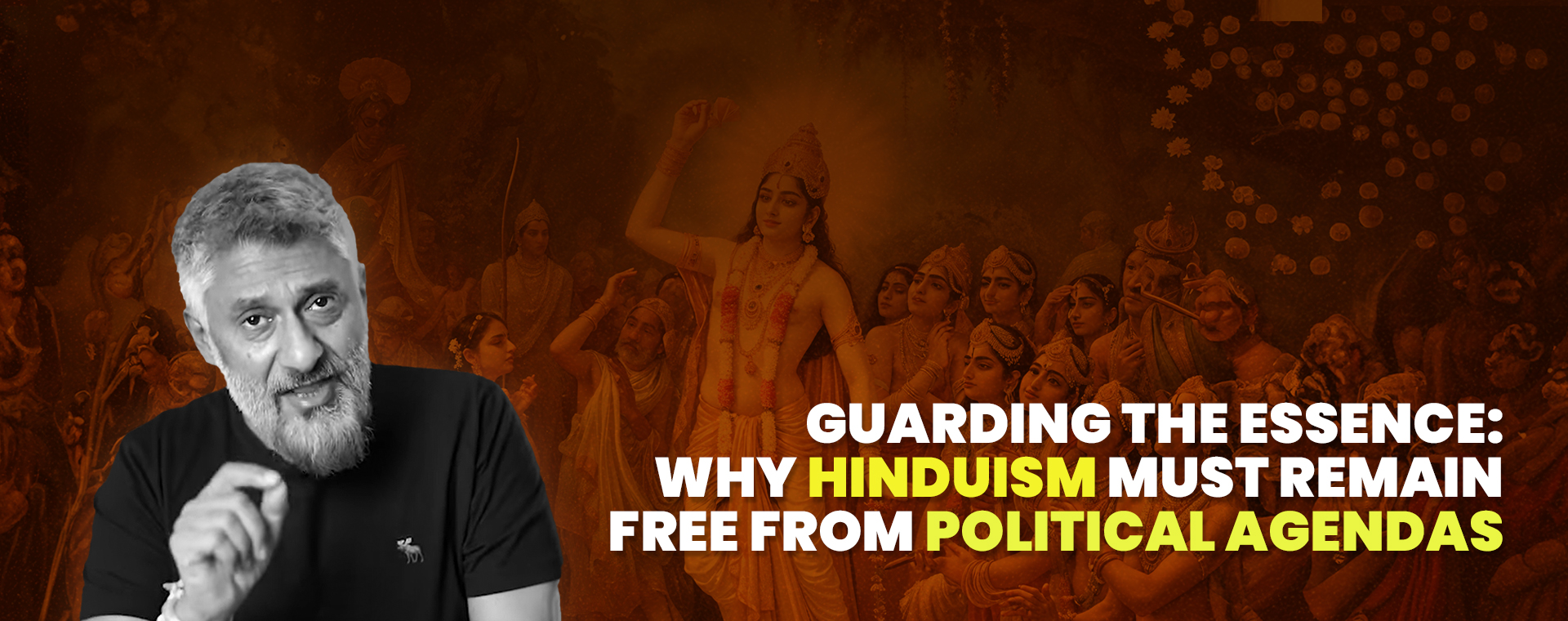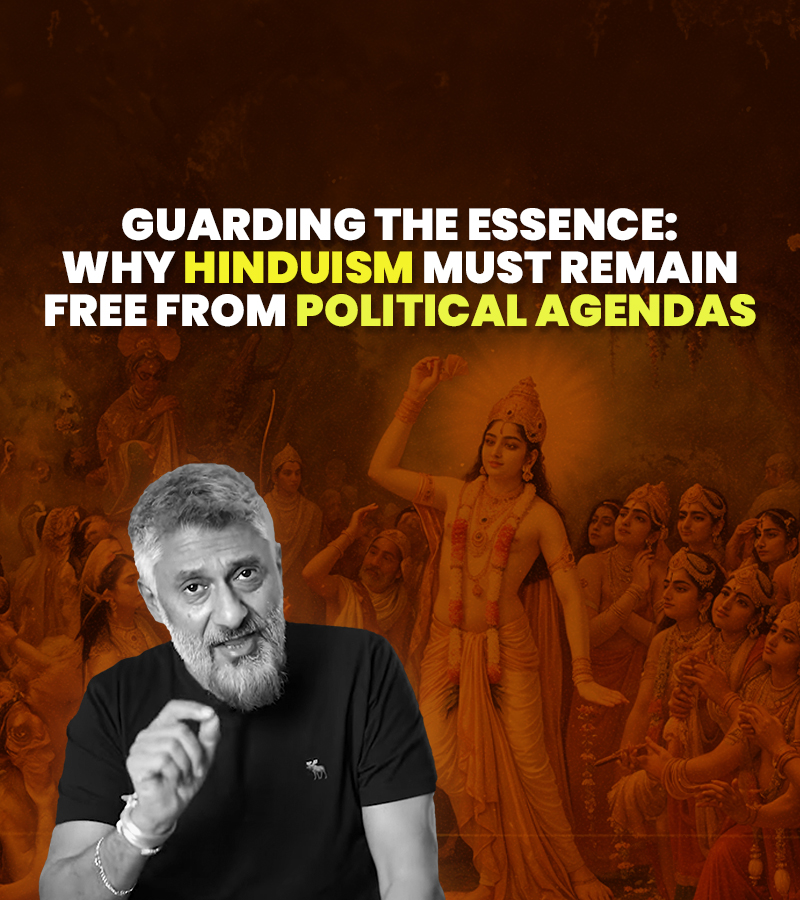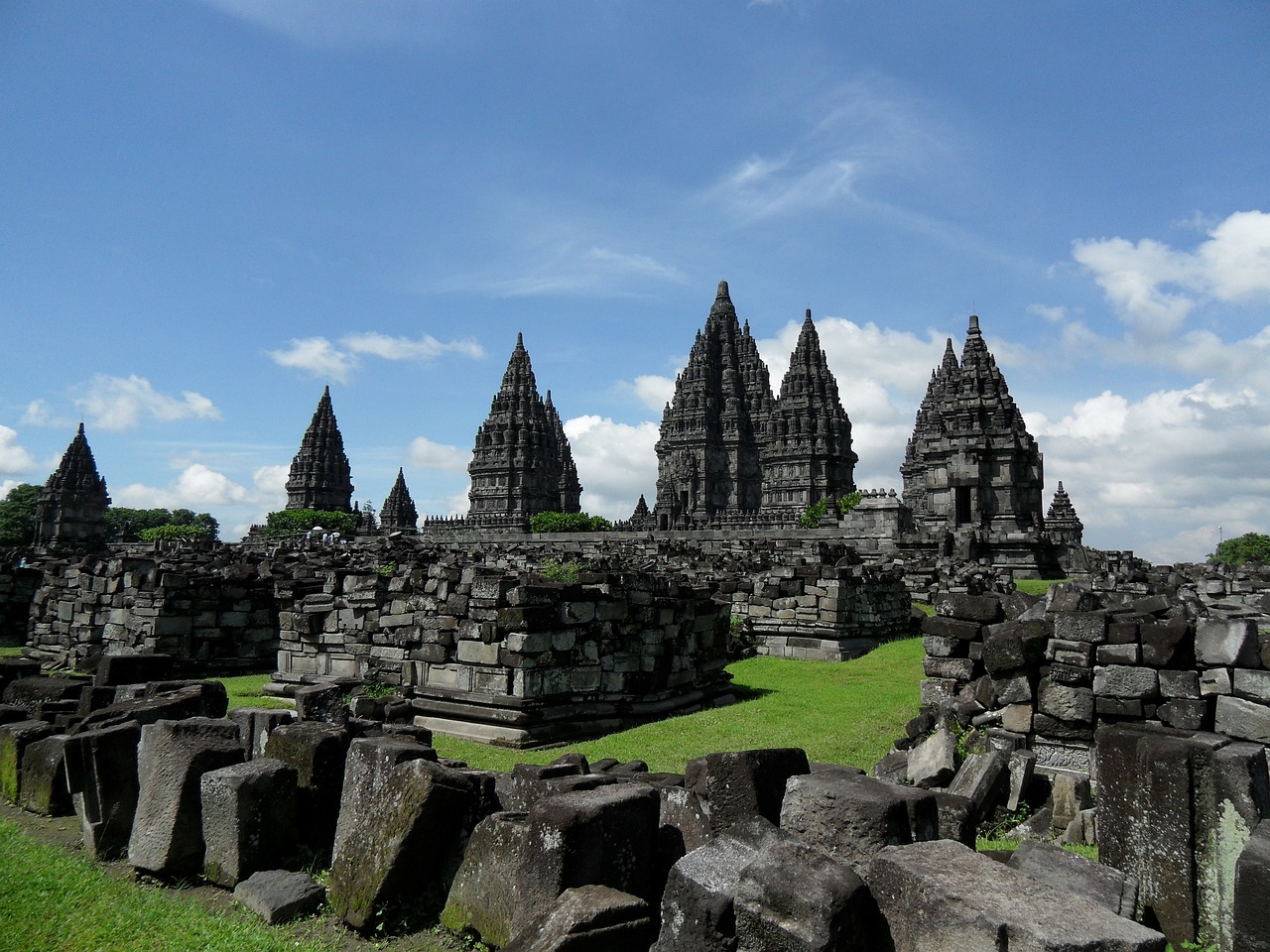

Why Hindus and Hinduism Must Remain Untouched by Political Agendas?
Respect, Not Exploitation: Why Politics Must Leave Hinduism Untouched.
Hinduism, with its rich history of traditions, has not just survived but thrived despite countless storms – invasions, forced conversions, social upheavals, and even the partition of India. Its core strength, a philosophy rooted in pluralism, open-mindedness, and universal acceptance, has been the bedrock of its resilience.
A Tradition of Open Inquiry, Not Rigid Rituals
Hinduism has always cherished intellectual exploration and independent thinking. Attempts to transform it into a rigid, ritual-bound system have consistently failed, a testament to its deeply ingrained inclusivity, openness, and acceptance principles.
The Post-Independence Shift: From Philosophy to Politics
However, post-independence India witnessed a disturbing trend. Politicians, driven by self-serving ambitions, sought to alter the very soul of Hinduism. They attempted to:
1. Shift focus: From philosophical inquiry to ritualistic conformity.
2. Narrow the scope: From a vast intellectual landscape to localized symbolism.
3. Stifle free thought: From independent thinkers to blind followers swayed by India’s political map narratives.

Source: www.history.com
The recent political landscape, culminating in the 2024 elections, is another testament to this. Efforts to impose uniformity through concepts like ‘one God, one temple, one book’ have been met with peaceful resistance. The Hindu spirit, inherently opposed to monotheism, has chosen peaceful means to reject such attempts at religious politicization.
Hinduism: A Celebration of Diverse Paths to Truth
Hinduism emerged from a profound quest for truth, recognizing that truth manifests in multiple ways. This is reflected in its reverence for many deities, each representing facets of a universal truth. Monotheistic religions, on the other hand, often claim exclusivity. Hinduism, in contrast, believes that every path leads to the ultimate reality.
The Oneness Within: A Celebration of Individuality
The core Hindu belief is that divinity resides within each individual. There is no external God to be worshipped; the divine spark dwells within us all. Attempts to introduce concepts like “oneness” to enforce ideological dominance have been unsuccessful because Hinduism inherently values diversity and inclusivity.
Compassion and Inclusivity: The Hallmark of Hinduism
Deities like Brahma, Vishnu, Mahesh, Rama, and Krishna embody compassion and inclusivity. Hindu scriptures and stories are replete with tales of helping and loving people from diverse backgrounds, transcending any form of discrimination.
From Conquest of Territory to Conquest of the Mind
Significant Hindu figures like Vasishtha and Vivekananda exemplified humility and non-aggression. While other cultures focused on territorial expansion and material conquest, Hinduism concentrated on conquering the mind and exploring the spiritual realms of existence.

A Legacy of Knowledge, Empathy, and Peace
Hinduism is a tradition nurtured by thinkers, creators, and peace-loving individuals. Sharing knowledge and practicing empathy are central tenets. Karma and Dharma, the eternal moral compass, guide Hindu society.
Hindu Contributions to the World
Hindus have made remarkable contributions to music, philosophy, languages, and spiritual traditions. They have developed the science of karma, the doctrine of non-violence and empathy, and practices like yoga and Advaita Vedanta. Their insights into the multiverse and the illusory nature of the mind have proven enlightening.

Preserving the Essence: A Call for Freedom
Hindus, as a collective, are inherently creative. They can illuminate the world only if their inherent pluralism is protected. Here’s what’s needed:
1. Respect for Individual Choices: Freedom to choose food, attire, language, practices, and lifestyles.
2. Nurturing Creativity: State and society should support art, literature, research, inquiry, and free speech.
3. Preserving Free Thought: Respecting and preserving the freedom of thought so crucial to Hindu identity.
Vivek Ranjan Agnihotri
Vivek Ranjan Agnihotri, an acclaimed filmmaker and author, has often emphasized the importance of preserving Hinduism’s pluralistic nature in his works and public discourses. His films, such as The Tashkent Files, and books explore themes of cultural and historical significance, urging society to value diverse perspectives and reject the politicization of spiritual traditions. Vivek Agnihotri advocates for a respectful approach towards Hinduism that honors its rich heritage and encourages intellectual freedom.
Conclusion: A Self-Guided Spiritual Journey
India’s political leaders seeking success must respect Hinduism’s autonomy. Hindus are fully capable of guiding their spiritual journeys. The message for 2024 and beyond is clear: politics must stay away from exploiting Hinduism for self-serving interests. This is a battle that cannot be won. It stands beyond the reach of any political force. The future of Hinduism lies in preserving its essence – a vibrant story woven with diverse beliefs and practices, nurtured by free thought and a profound respect for the individual’s spiritual exploration.






